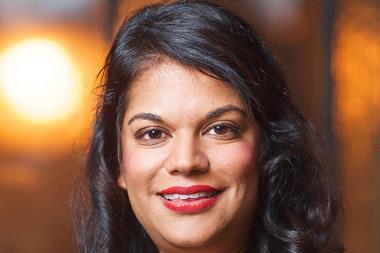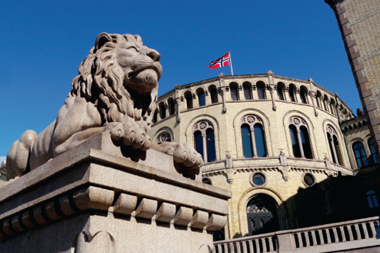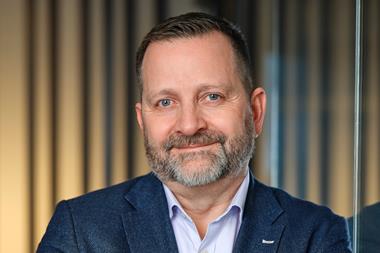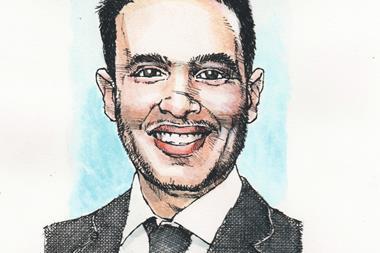GERMANY - Equities are vital to maintaining return opportunities in second-pillar pensions, according to a study into the effects of the crisis on the German pension system.
The research, commissioned by Union Investment, was carried out by Bernd Raffelhüschen and Johannes Vatter from the centre for intergenerational contracts at the University Freiburg.
In their paper, the academics said: "To deduce a general reduction of risky investments like funds or equities seems absurd because, with those asset classes especially, the return potential has to be taken into account."
Instead, they recommended a good diversification of assets - "just as it was before the crisis".
Raffelhüschen added that the losses also had to be weighed against "partly considerable gains prior to the crisis".
The academics calculated an average loss in second-pillar provisions suffered per household of 3%, largely due to a conservative asset allocation by German occupational pension providers and real estate holdings, which have remained stable.
Excluding real estate, the figure jumps to 6%.
However, the study stressed that the losses were "very unevenly spread" among the population, as participation in the second pillar is not mandatory.
For the first time in the history of German retirement provision, a crisis seriously affected the first pillar through recession and economic downturn, Raffelhüschen said.
The slower economic growth will reduce state pension benefits by €200bn over the next 40 years, which equals a 2.7% reduction in pensions over the long term, he added.
But Raffelhüschen noted that this number was "relativised considerably" by the pension reforms of the last 20 years, as well as the total sum of pensions to be paid out until 2050, amounting to almost €7trn.
Nevertheless, the study found that people now aged 55-65 would have to make additional savings for their retirement because of the crisis.
Furthermore, should the economy slow even further, the effects on the first pillar could multiply, the academics said.












